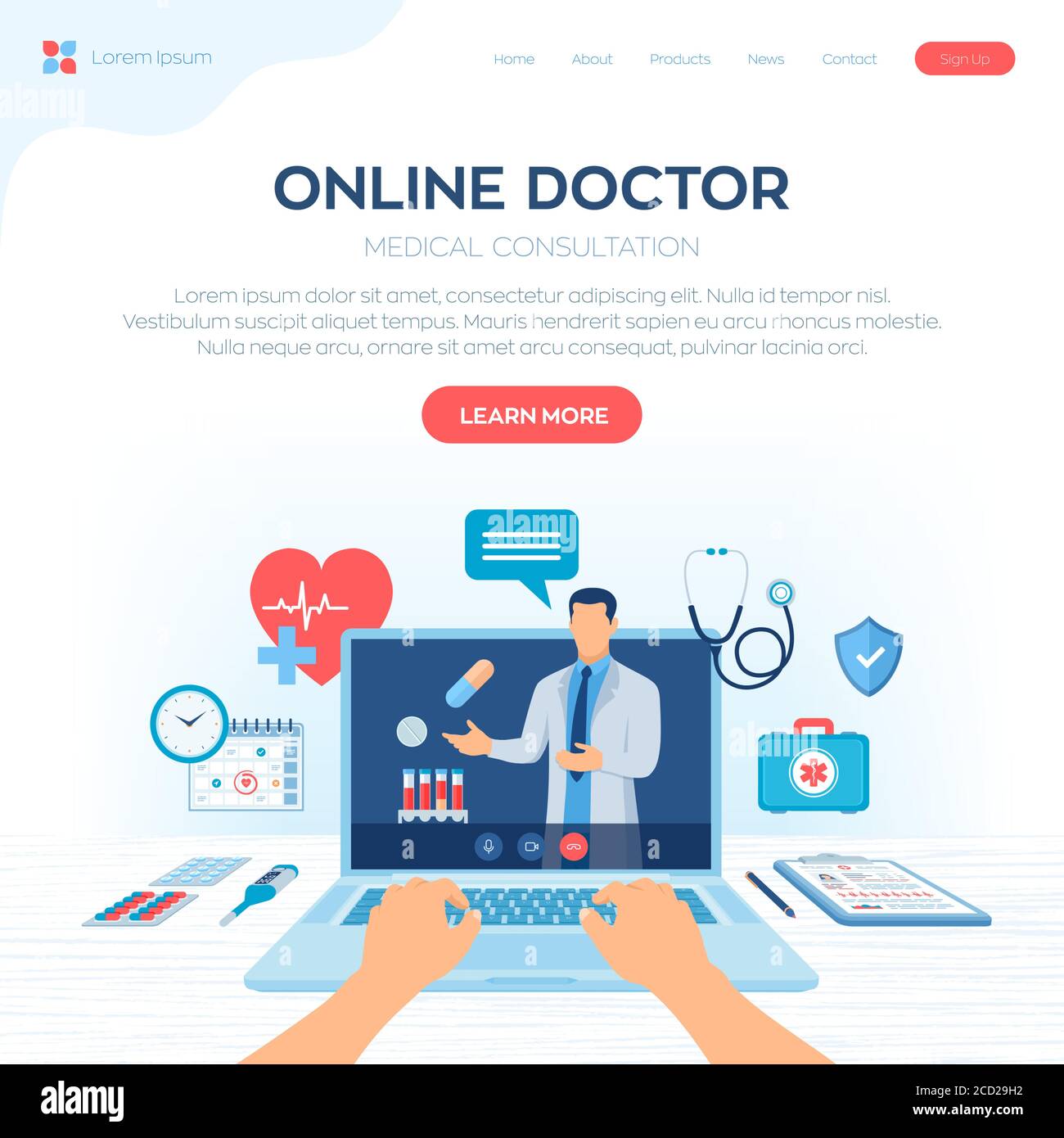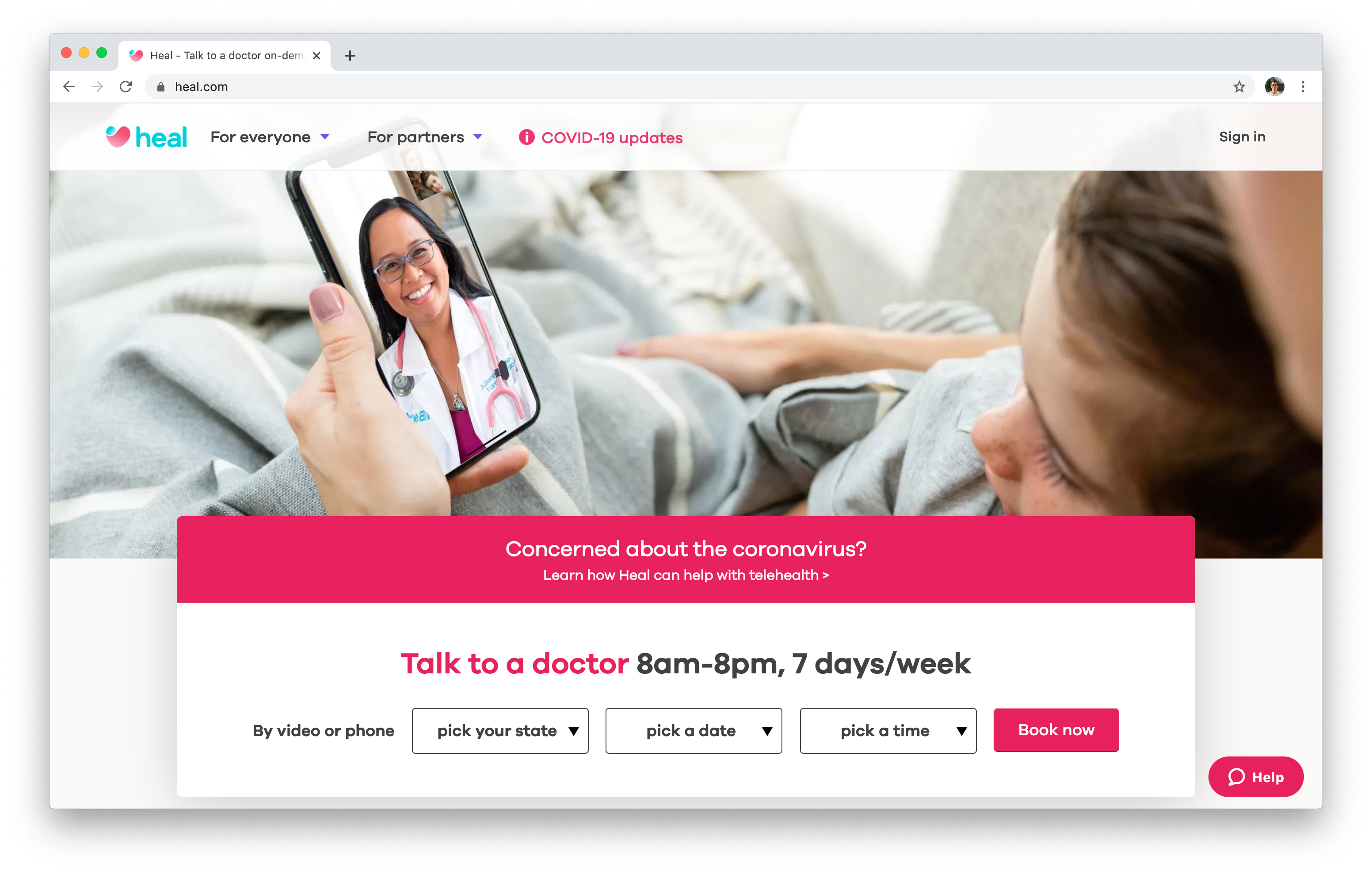The Surge of Subscription-Based Health Care and Its Influence On Individual Care
As health care progresses, the subscription-based version is gaining traction, assuring to reinvent patient treatment by using predictability and availability. These versions, which bypass conventional insurance coverage, could redefine the patient-doctor dynamic, emphasizing tailored and preventive care. As with any kind of technology, they offer difficulties, especially concerning equitable gain access to for all socioeconomic groups. The potential for these models to reshape medical care shipment raises pushing questions about their long-term sustainability and inclusivity. Are these membership services the future of medical care, or do they run the risk of leaving vulnerable populaces behind? The complexities of this shift warrant a better examination.
Understanding Subscription Medical Care Versions
Comprehending the idea of membership health care designs includes taking a look at a transformative method to medical services that stresses affordability and availability. These versions, commonly referred to as direct key treatment (DPC) or attendant medication, have arised as ingenious alternatives to conventional fee-for-service healthcare systems. Registration medical care permits individuals to pay a set regular monthly or annual fee for a defined collection of medical solutions, which may consist of limitless workplace sees, routine examinations, and standard lab examinations, without the requirement for standard insurance coverage payment.
The framework of registration health care versions is made to simplify client care by getting rid of third-party payers and complex invoicing codes, consequently reducing management worries. Health care companies can focus much more on client treatment, promoting more powerful patient-provider relationships. This model also advertises preventative care by urging regular sees, as the economic challenge of per-visit costs is gotten rid of.
The registration model typically encourages doctor to handle smaller client panels, permitting more tailored care. It straightens economic incentives with patient health results, as service providers are motivated to preserve individual satisfaction and well-being. Generally, recognizing subscription health care designs needs acknowledging their potential to improve how care is supplied and accessed.
Benefits for Individuals and Carriers

For service providers, subscription-based models offer the chance to deepen patient-provider connections. With a steady income stream, medical care specialists can devote even more time per individual, bring about an extra personalized and comprehensive care experience. This version also reduces reliance above individual volumes, easing exhaustion and improving work satisfaction. The emphasis on preventative care within registration plans can lead to far better individual results and lowered lasting medical care expenses. By concentrating on continual treatment, providers can resolve concerns prior to they intensify, eventually profiting the health care system as a whole by lowering the problem on emergency situation and severe care services.
Issues and difficulties
While subscription-based health care designs present countless advantages, they additionally come with a collection of challenges and problems that have to be addressed. This increases moral concerns concerning equitable access to health care services.
Financial sustainability of subscription-based versions is an additional problem. Providers need to stabilize the fixed earnings from memberships with the variable costs of healthcare solutions, which might change because of unpredicted clinical needs. This can create pressure to restrict services or increase fees, possibly influencing client satisfaction and care high quality.
Moreover, governing oversight of subscription-based medical care versions is still progressing. The absence of standardized frameworks can bring about irregular solution quality and accountability, making complex initiatives to ensure client protection. The integration of technology-- usually a keystone of these models-- raises inquiries about data privacy and safety, as delicate individual details might be vulnerable to violations. Resolving these difficulties is important for the fair and successful execution of subscription-based medical care.
Effect On Patient-Doctor Relationships
One substantial impact of subscription-based health care versions on patient-doctor connections is the possibility for improved continuity and individualized care. By taking on a subscription model, doctors can handle a smaller sized person panel, permitting see page for more click dedicated time with each person. This boosted availability fosters a much deeper understanding of a patient's clinical history, way of life, and preferences, enabling more tailored therapy strategies and interventions.

However, it is essential to recognize that while subscription-based versions may benefit those that can manage them, they might accidentally widen health care variations. Individuals who are not able to join these versions might experience decreased accessibility to individualized treatment, potentially impacting their partnerships with health care suppliers. Therefore, while the subscription version provides appealing advantages for patient-doctor relationships, it also poses obstacles that need to be dealt with to make certain fair medical care gain access to.
Future of Health Care Access

The duty of technology can not be neglected in this improvement. Telemedicine platforms and digital health records facilitate smooth interaction in between patients and doctor, breaking down logistical and geographical obstacles. Furthermore, innovations in synthetic intelligence and data analytics can even more customize medical care by predicting patient demands and optimizing therapy plans.
Nevertheless, the future of health care access additionally offers challenges, such as guaranteeing equity across different socio-economic teams. Policymakers and doctor need to work together to link the digital divide, ensuring that subscription-based versions stay cost effective and comprehensive. As these systems mature, they hold the pledge of making healthcare more easily accessible, reliable, and patient-centric.
Conclusion
Subscription-based healthcare versions are improving client treatment by supplying a secure price framework and boosting access. The rise of subscription-based medical care encourages positive person interaction, which has the possible to boost patient results and fulfillment, signifying more info here a transformative shift in medical care distribution.
As healthcare develops, the subscription-based design is getting grip, guaranteeing to change person care by using predictability and accessibility.Subscription-based medical care versions supply distinct advantages for both service providers and individuals, boosting the overall healthcare experience.As medical care systems develop, the future of healthcare gain access to frequently pivots on the combination of cutting-edge versions and modern technologies.Subscription-based health care versions are improving patient treatment by offering a stable price framework and improving ease of access. The increase of subscription-based healthcare encourages aggressive patient involvement, which has the prospective to improve client results and contentment, signaling a transformative shift in healthcare delivery.
Comments on “Checking out the Development of Subscription Based Healthcare in the Digital Age”